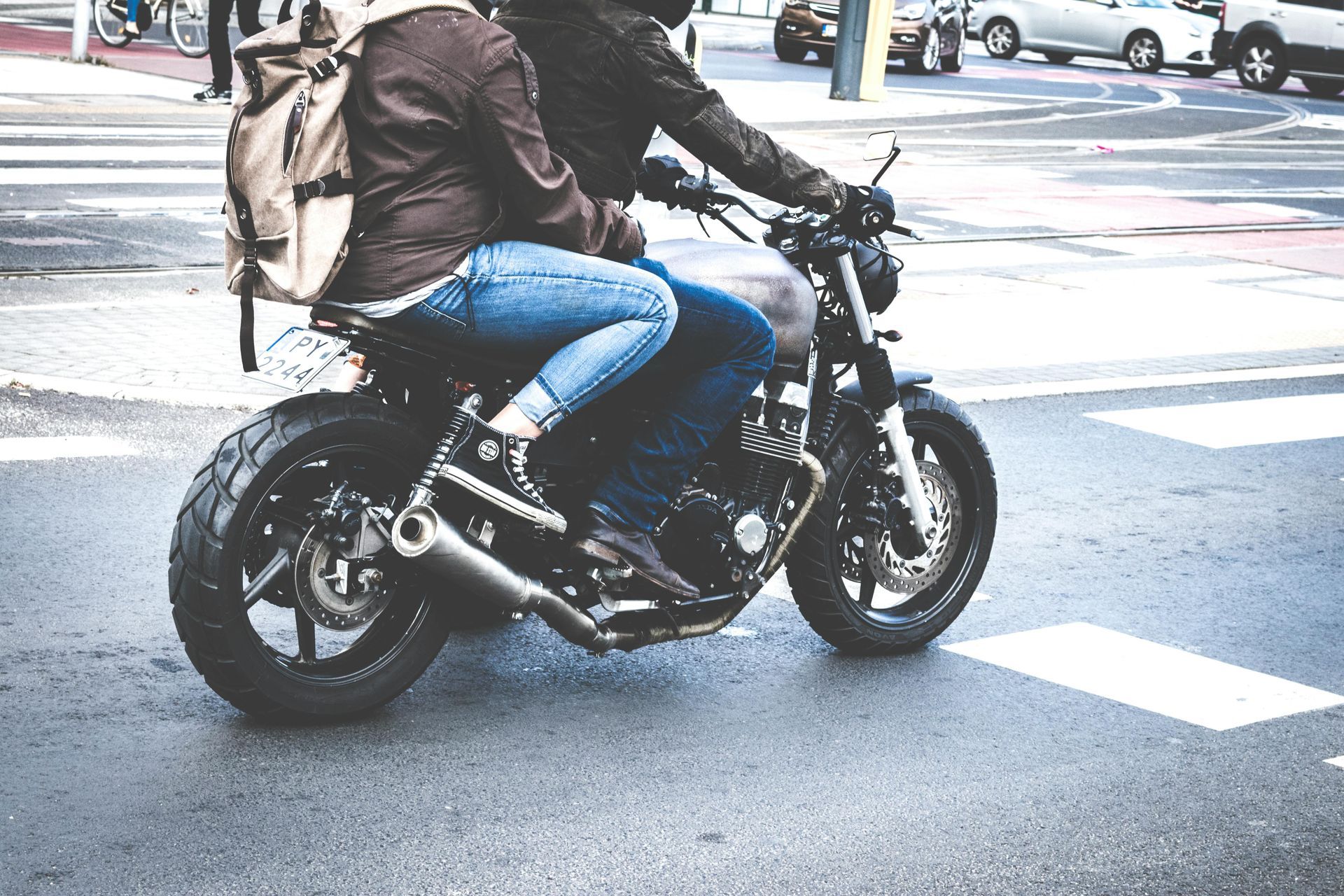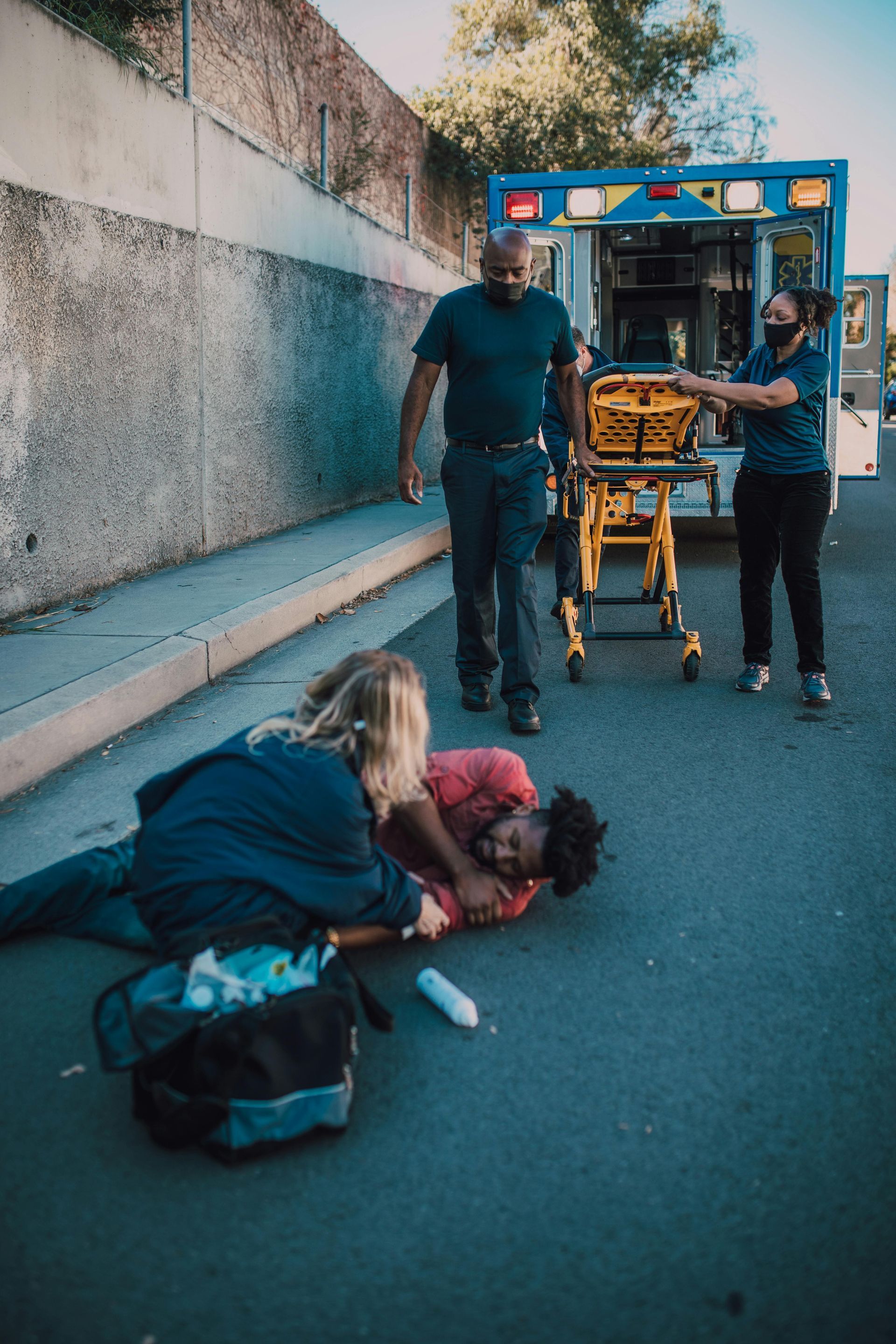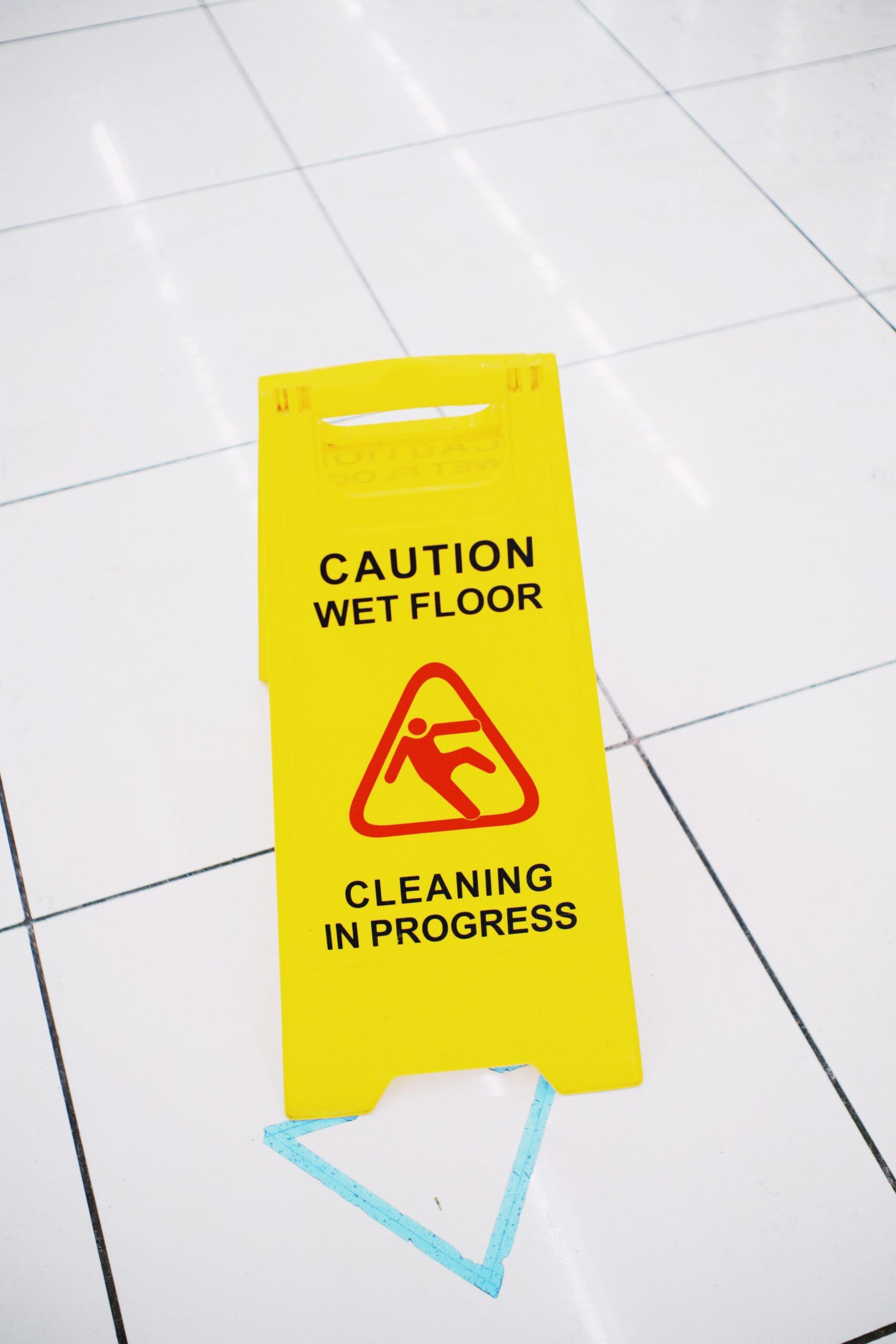Left-Turn Motorcycle Crashes in Alabama: Why They Happen—and the Evidence That Wins Cases
Left-Turn Motorcycle Crashes in Alabama: Why They Happen—and the Evidence That Wins Cases

When a driver turns left across a rider’s lane, there’s usually no time to react. These left-turn motorcycle crashes are among the most common and most severe collisions in Alabama. They happen in a blink, but building a strong claim afterward takes careful, methodical work. This guide explains why left-turn crashes happen, what evidence convinces insurers and juries, and exactly what to do next if you’re recovering from a wreck in or around Mobile.
If you need help now, start here: Motorcycle Accidents in Mobile, Alabama. You can also learn more about our broader practice on our Personal Injury page, or contact us directly here.
Why left-turn motorcycle crashes are so common
Drivers often misjudge a motorcycle’s speed and distance, especially at intersections. Motorcycles are visually “smaller” than cars, which can lead to a dangerous “looked-but-didn’t-see” error. Add in distractions, poor gap selection, and low evening sun, and a driver’s left turn can cut directly across a rider’s path.
Typical patterns include:
- A driver in an oncoming lane turning left across the rider’s lane at a green light or flashing yellow.
- A driver turning out of a side street or driveway and crossing two lanes without noticing the bike.
- A driver following another car through a left turn and failing to re-check for a motorcycle approaching.
The anatomy of the crash (and what it means for proof)
Left-turn impacts produce distinctive evidence:
- Point of impact is often near the front of the bike and side of the vehicle.
- Skid or yaw marks can show the rider tried to brake or swerve.
- Debris field (glass, plastic, metal, paint transfer) helps reconstruct angles and speeds.
- Gear damage—crushed helmet shells, scraped jackets, torn gloves—often corroborates impact and slide.
This physical proof matters because Alabama uses a very strict fault system. Insurers will analyze every detail to argue the rider shared blame. Preserving evidence is critical.
The most persuasive evidence (and how to get it fast)
- Intersection and business video: Traffic cameras, gas stations, and storefronts frequently overwrite footage within days. Note camera locations and ask those businesses to save the clip; your lawyer can follow with a formal request.
- Dashcams & doorbell cams: Other drivers’ dashcams and nearby homes may have captured the turn. Witness contact info helps locate these quickly.
- Witness statements: Short, time-stamped notes or voice memos taken soon after the crash carry weight—memories fade.
- Vehicle data & photos: Multiple angles of both vehicles, close-ups of damage, and wide shots showing lane markings, signage, and lighting.
- Medical documentation: ER records, follow-ups, imaging, and physical therapy notes connect injuries to the crash and establish the course of care.
What to do in the first 48 hours
- Call 911 and accept medical care. Adrenaline masks injuries; documentation starts here.
- Photograph everything. Vehicles, roadway, skid marks, traffic signals, and your protective gear.
- Collect names and numbers. Witnesses, officers, and any business managers with cameras.
- Report the crash to your insurer—carefully. Stick to basics. Politely decline recorded statements until you speak with counsel.
- Preserve your gear and the bike. Don’t repair or discard potential evidence.
When the other driver has no insurance…or not enough
It’s common for at-fault drivers to carry no insurance or very low limits. Your own auto policy may include uninsured motorist or underinsured motorist coverage (spelled out, not jargon: coverage that can help when the at-fault driver has none or too little). This can be crucial for riders because serious injuries often require extended care. A lawyer can coordinate these benefits and meet notice requirements so coverage is not lost.
Common defenses—and how we answer them
Insurers may argue:
- “The motorcycle was speeding.” Intersection video, skid analysis, and damage profiles tell a more accurate story.
- “The rider was hard to see.” Drivers still must yield when turning left; line-of-sight photos and witness angles help rebut this.
- “The hazard was obvious.” That doesn’t excuse cutting across a rider’s immediate path.
How a motorcycle attorney strengthens your case
Our team gathers time-sensitive evidence, protects your statements from being misused, consults with reconstruction and medical experts, and pursues every available insurance layer. We deal directly with adjusters so you can focus on healing.
See how we approach these cases on our Motorcycle Accidents page, or contact us to start a free case review.










